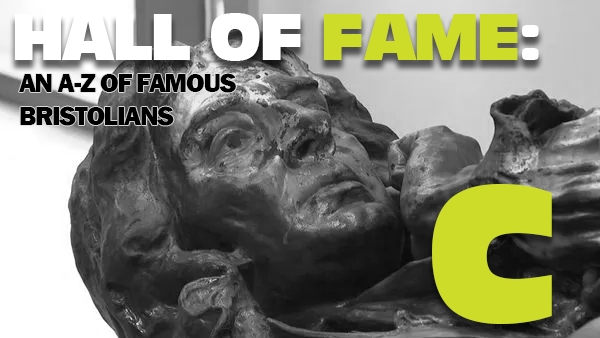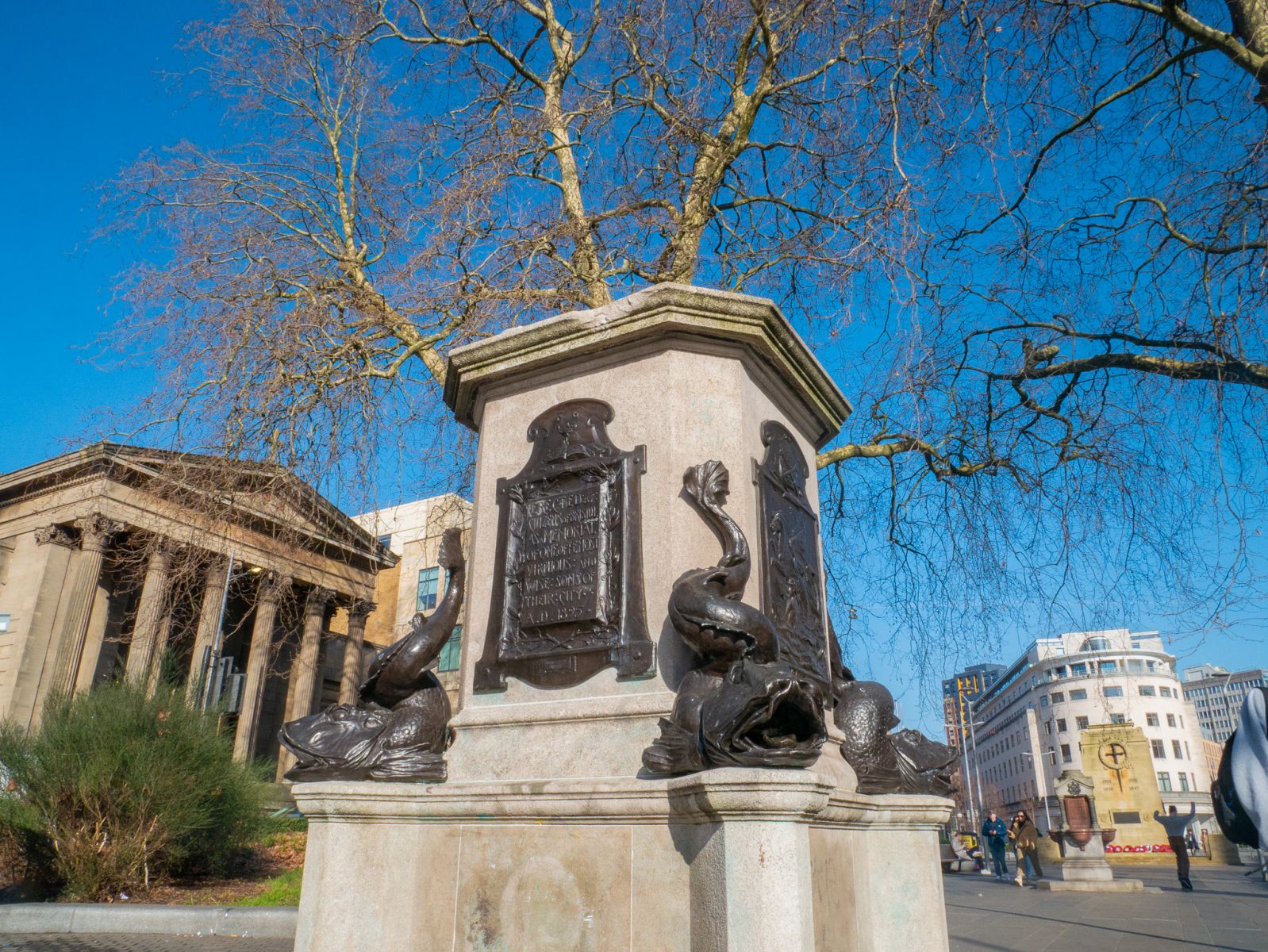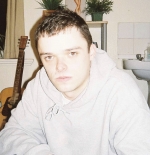
A-Z of Famous Bristolians – C: Edward Colston
Posted on: 23 Jan 2024Next up on our A – Z of famous (and infamous) Bristolians is Edward Colston, a deeply controversial figure in both Bristolian and British history.
Last time out we focused on women’s healthcare pioneer Elizabeth Blackwell, but this week we’re looking at Bristol-born slave trade investor, merchant, politician, and philanthropist, Edward Colston. In this article you’ll discover more about the infamous figure’s life in Bristol, his legacy and, of course, the now legendary toppling of his statue…
TRIGGER WARNING: This article does include details of the Transatlantic Slave Trade.
Born on Temple Street, Redcliffe in 1636, Edward Colston was baptised at Temple Church, a popular local landmark thanks to its leaning tower. Edward’s father, William, was also a prosperous textile merchant and he was potentially one of as many as fifteen children.
It is a common misconception that Colston lived in Bristol as an adult but in fact, he never moved back after his family moved to London during the English Civil War. It was the chaos of this time that formed the young Edward’s monarchical leanings.
It was in London that, after apprenticing for several years, Colston followed his father to become a merchant in 1672, becoming a big success in the trade of textiles and wool. However, in 1680, he turned his hand to the booming Transatlantic Slave Trade, joining the Royal African Company, which held the monopoly on trading in West Africa.
Whilst there is no proof that Colston actively traded in enslaved Africans, during his time at the RAC the company branded men, women and children’s chests with the company’s initials.
According to Roger Ball’s article for the Bristol Radical History Group, during his time with the company, “at least 84,000 enslaved African men women and children were purchased, branded, and forced onto RAC ships. Of these, nearly 19,300 died in the transatlantic crossing with the survivors and their future generations facing a life of enforced displacement and hard labour in British plantations.”
It is from his twelve years spent with the RAC – during which time he served as Deputy Governor – that Colston earned made the majority of his considerable fortune. In 1689, Edward sold his shares in the company and focused on various philanthropic ventures in both Bristol and London.
In 1709, Edward appointed the Society of Merchant Venturers – still an influential organisation within Bristol - as his trustees to secure his legacy. Colston then spent a brief period as the Tory MP for Bristol between 1710 and 1713 before he died at his South-West London home in 1721, aged 84. He was buried in Bristol’s All Saints’ Church, Corn Street, where a monument marks his grave.
The imprint of Edward Colston’s philanthropic work, immense influence and wealth left a lasting imprint on the city of Bristol with his name stamped on various street names as well as a school, office block and the Colston Hall concert venue – all of which have now changed their name.
For years, many Bristolians have protested against this platforming of a man integral to the Transatlantic Slave Trade and this came to a head in 2020. Edward Colston was also immortalised through a statue (completed in 1895) in Bristol City Centre.
In June 2020, Black Lives Matter protestors toppled the statue and threw it into The Docks in a symbolic opposition to systemic racism and the perceived glorification of Colston’s achievements. The statue’s removal sparked a global debate about historical monuments and their significance and acted as a catalyst for discussions on confronting and reassessing Bristol’s historical legacy.

Educational tools to find out more about Edward Colston and the events of June 2020 include: Bristol Radical History Group, BBC, British Museum
Final image: Patrick Bate
Read more:
-
A-Z of Famous Bristolians: A - Archibald Leach
-
A-Z of Famous Bristolians: B - Elizabeth Blackwell
Article by:

Stan is a born and bred Bristolian, recently graduated from studying English Literature in Sheffield. His passions are music and literature and he spends the majority of his time in venues all over the city, immersing himself in Bristol’s alternative music scene. A lifelong Bristol City fan, Stan’s Saturdays are spent watching his team both home and away.

